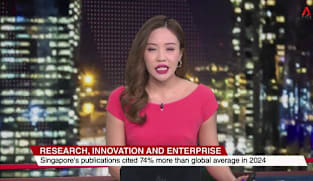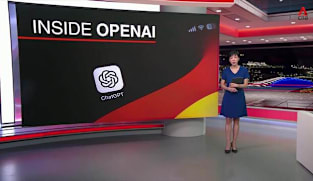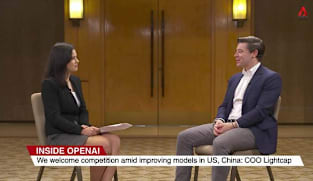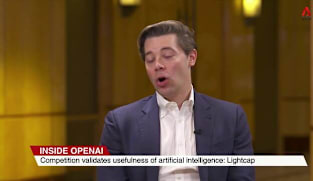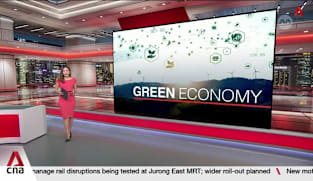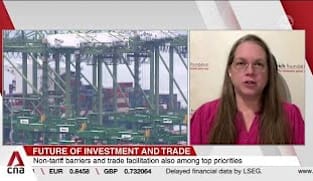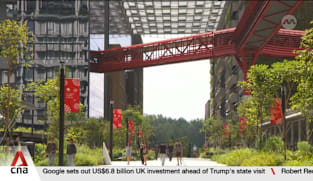Koh Poh Koon on Public Utilities (Amendment) Bill
Water-intensive industries will face mandatory water recycling requirements from the start of next year. This will apply to new projects in the wafer fabrication, electronics and biomedical industries which consume at least 60,000 cubic metres of water a year. Wafer fabrication plants involved in front-end semiconductor manufacturing will have to meet a minimum 50 per cent recycling rate. Electronic and biomedical plants will have to recycle specified wastewater streams. Taken together, the affected industries make up almost one-fifth of total non-domestic water demand in Singapore and this is expected to rise as they are engines of economic growth. Senior Minister of State for Sustainability and the Environment Koh Poh Koon said some companies want to raise their water recycling rates higher than 50 per cent and those which are keen will be given financial support. The funding caps for the Water Efficiency Fund (WEF) and the Industrial Water Solution Demonstration Fund have been increased to S$5 million each, for each project. Companies can tap WEF funding to raise their recycling rates to the mandatory levels until the end of 2025. The Government also intends to introduce charges to large private water suppliers to ensure sustainable growth in Singapore’s private water supply. These are entities other than PUB which are allowed to harvest rainwater or desalinate seawater. The aim is to align the treatment of privately supplied water with existing charging principles for PUB-supplied water, which is subject to waterborne tax and water conservation tax. These charges will be imposed in early 2025 and phased in in two steps. The move is expected to mainly affect entities such as country clubs, golf courses and industrial premises with tank sizes larger than 350 cubic metres. Giving details of all the proposed changes in Parliament on Thursday (Aug 3), Dr Koh noted that the dual trends of climate change and increasing water demand are making it increasingly challenging for Singapore to ensure its water security.
Water-intensive industries will face mandatory water recycling requirements from the start of next year. This will apply to new projects in the wafer fabrication, electronics and biomedical industries which consume at least 60,000 cubic metres of water a year. Wafer fabrication plants involved in front-end semiconductor manufacturing will have to meet a minimum 50 per cent recycling rate. Electronic and biomedical plants will have to recycle specified wastewater streams. Taken together, the affected industries make up almost one-fifth of total non-domestic water demand in Singapore and this is expected to rise as they are engines of economic growth. Senior Minister of State for Sustainability and the Environment Koh Poh Koon said some companies want to raise their water recycling rates higher than 50 per cent and those which are keen will be given financial support. The funding caps for the Water Efficiency Fund (WEF) and the Industrial Water Solution Demonstration Fund have been increased to S$5 million each, for each project. Companies can tap WEF funding to raise their recycling rates to the mandatory levels until the end of 2025. The Government also intends to introduce charges to large private water suppliers to ensure sustainable growth in Singapore’s private water supply. These are entities other than PUB which are allowed to harvest rainwater or desalinate seawater. The aim is to align the treatment of privately supplied water with existing charging principles for PUB-supplied water, which is subject to waterborne tax and water conservation tax. These charges will be imposed in early 2025 and phased in in two steps. The move is expected to mainly affect entities such as country clubs, golf courses and industrial premises with tank sizes larger than 350 cubic metres. Giving details of all the proposed changes in Parliament on Thursday (Aug 3), Dr Koh noted that the dual trends of climate change and increasing water demand are making it increasingly challenging for Singapore to ensure its water security.








